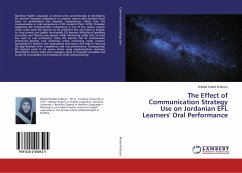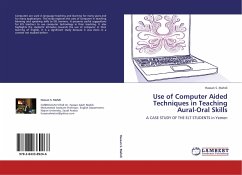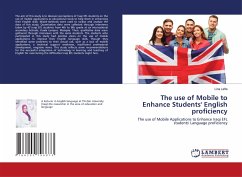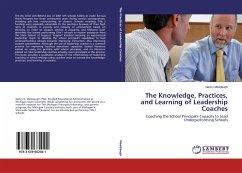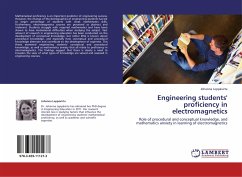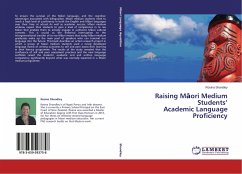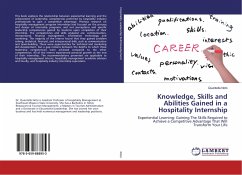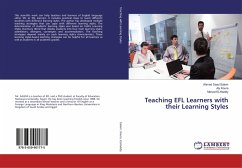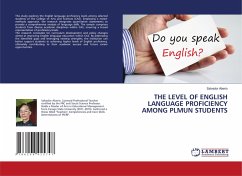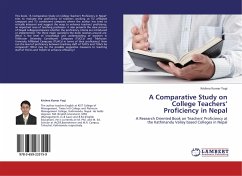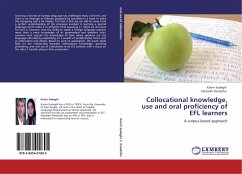
Collocational knowledge, use and oral proficiency of EFL learners
A corpus-based approach
Versandkostenfrei!
Versandfertig in 6-10 Tagen
39,99 €
inkl. MwSt.

PAYBACK Punkte
20 °P sammeln!
Learning a second or foreign language has challenged many a learner, and there is no shortage of theories proposed by specialists in a hope to make this intriguing task a bit simpler. The fact is that we are still far away from a perfect understanding of the processes involved in learning a second language which make it so different from acquiring L1. What we do know for sure is, however, that the ability to speak a foreign language requires more than a mere knowledge of its grammatical and semantic rules. Learners must acquire the knowledge of how native speakers use the language naturally by...
Learning a second or foreign language has challenged many a learner, and there is no shortage of theories proposed by specialists in a hope to make this intriguing task a bit simpler. The fact is that we are still far away from a perfect understanding of the processes involved in learning a second language which make it so different from acquiring L1. What we do know for sure is, however, that the ability to speak a foreign language requires more than a mere knowledge of its grammatical and semantic rules. Learners must acquire the knowledge of how native speakers use the language naturally by capitalizing on a wealth of prefabricated forms such as collocations and idioms. Based on such an assumption, this book sheds light on the relationship between collocational knowledge, speaking proficiency, and oral use of collocations in an EFL context, with a focus on the role L1 transfer plays in their production.



